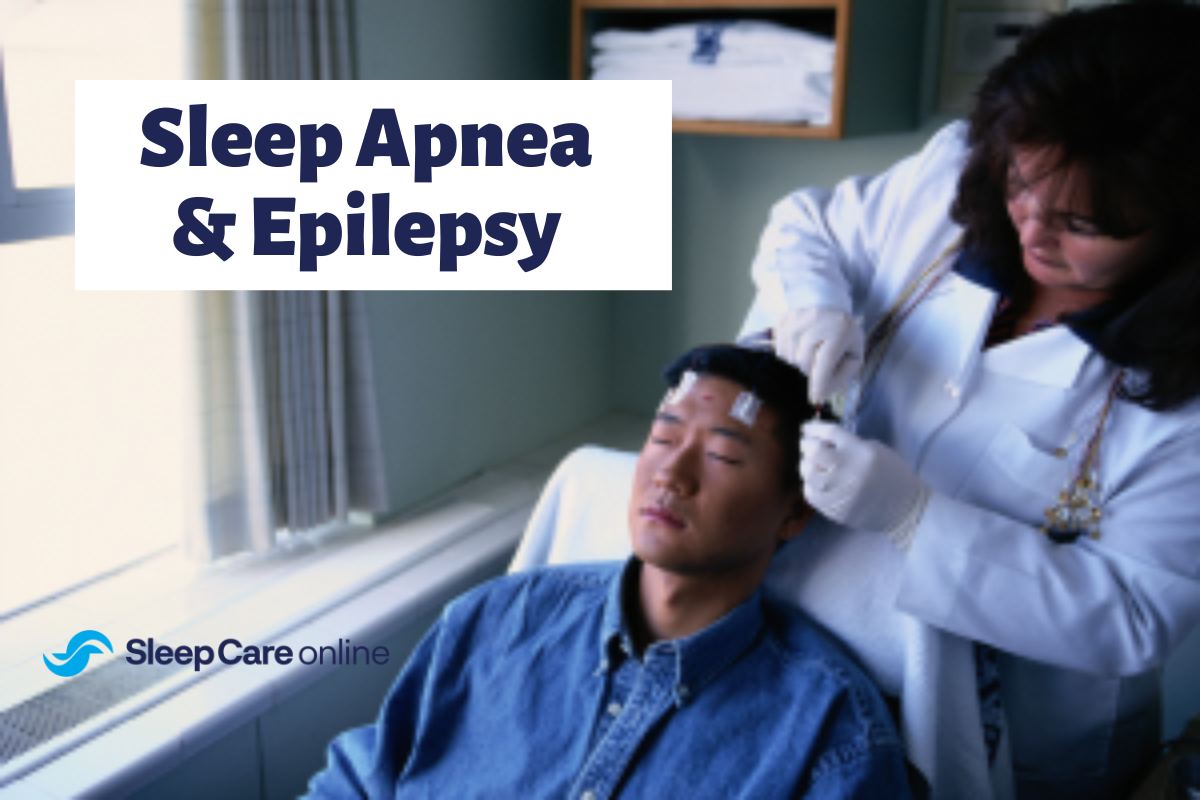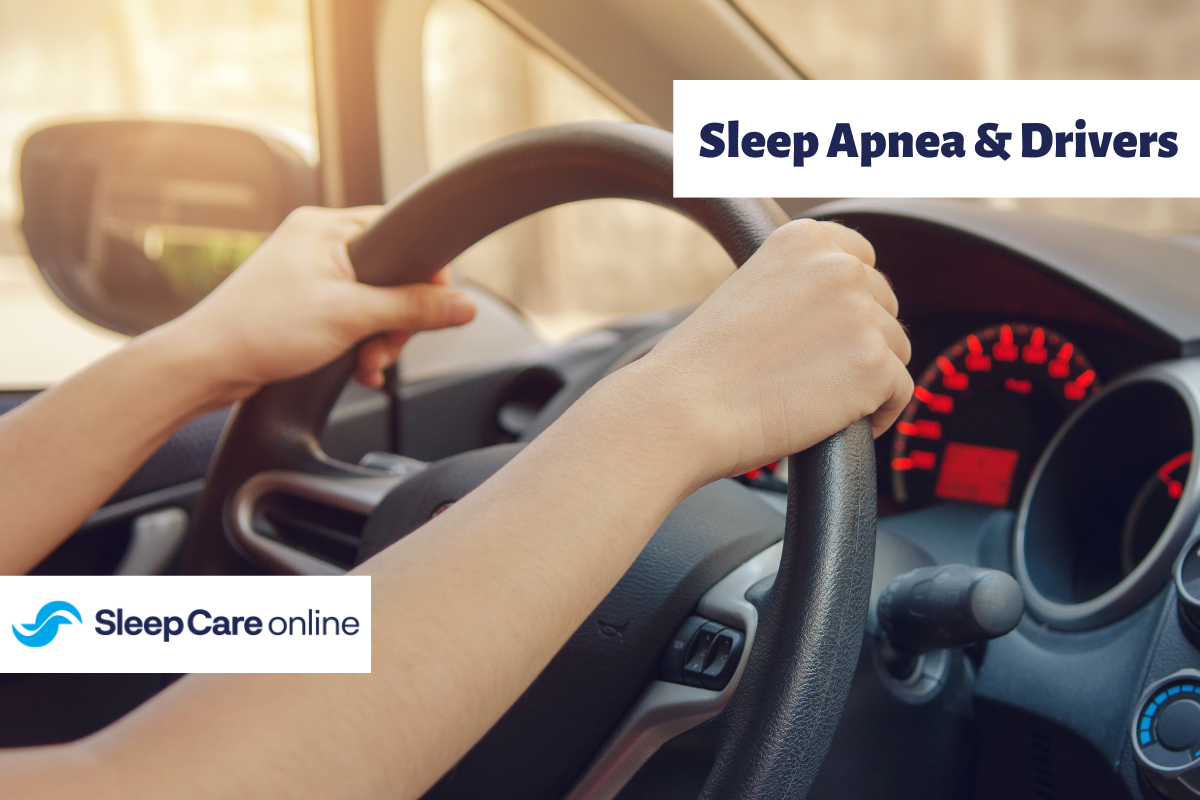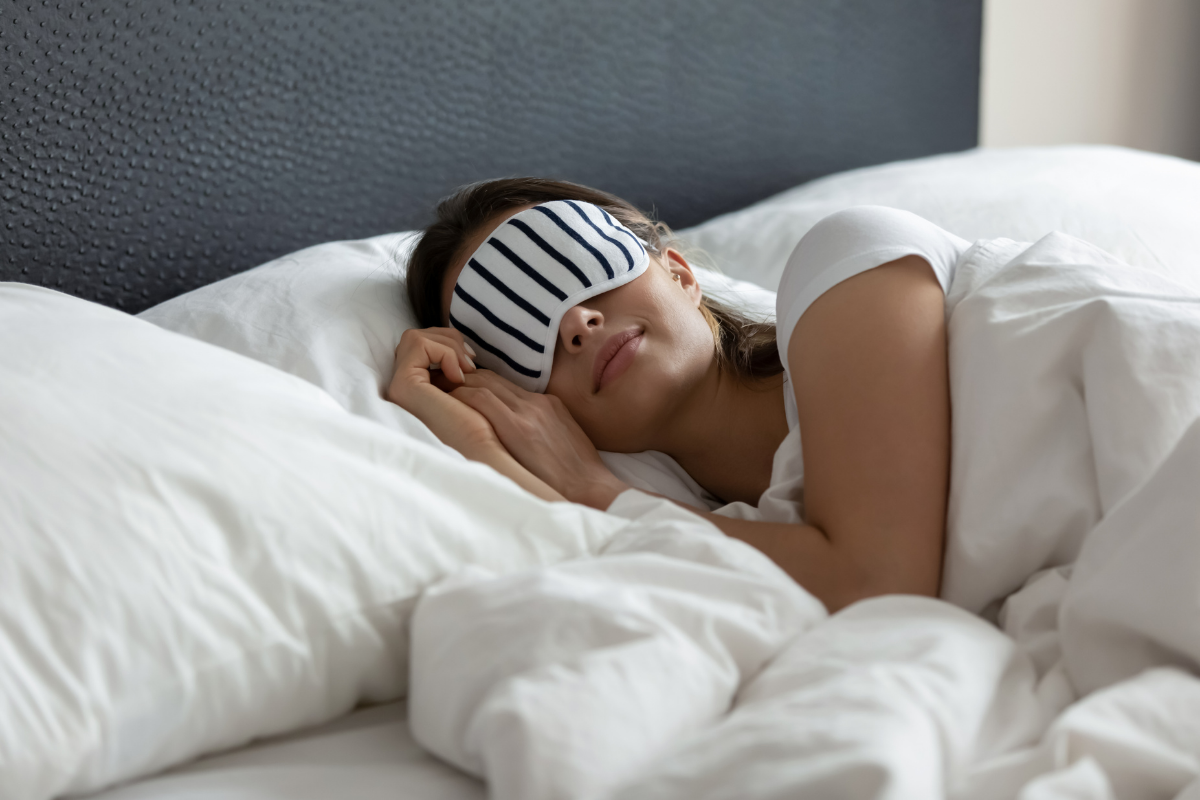Key Takeaways:
- Jet lag is a temporary circadian rhythm disorder caused by rapid travel across time zones.
- Symptoms may include fatigue, irritability, headaches, and difficulty concentrating.
- With simple lifestyle strategies—and in some cases, professional support—you can reduce or even prevent jet lag.
Want to know if your travel fatigue is really jet lag—or something more serious like sleep apnea? Schedule a home sleep test today.
Jet lag is a short-term sleep disorder that happens when your internal body clock (circadian rhythm) is out of sync with the local day-night cycle. Air travel makes this especially challenging because your body doesn’t have time to gradually adjust.
The result? Your body wants to sleep when it should be awake, and stay awake when it should be sleeping.
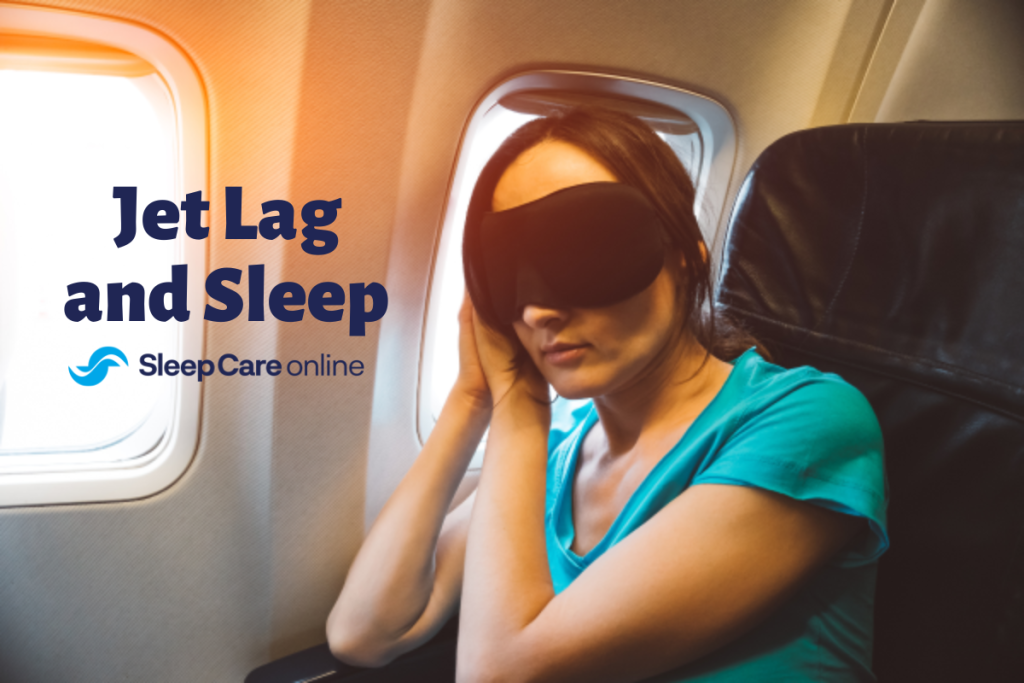
Symptoms of Jet Lag
You might be experiencing jet lag if you notice:
- Trouble falling or staying asleep (insomnia)
- Daytime drowsiness or extreme fatigue
- Headaches and nausea
- Difficulty concentrating
- Irritability or mood changes
✈️ Fun fact: Flying east usually makes jet lag worse than flying west, because you’re “losing time” and forcing your body clock to speed up.
What Causes Jet Lag?
-
Circadian Rhythm Disruption
Your circadian rhythm is your body’s 24-hour clock. Crossing time zones confuses this rhythm, causing your body to feel “out of sync.”
-
Sunlight Exposure
Light is the strongest signal to your body clock. When you’re exposed to daylight at unexpected times, your body struggles to regulate sleep and wakefulness.
-
Cabin Conditions
Low humidity, changes in altitude, and pressurized air inside the plane can leave you even more drained after long flights.
Jet Lag and Sleep Disorders
Jet lag is technically a circadian rhythm sleep disorder. While temporary for most travelers, if you notice your fatigue or poor sleep doesn’t improve, it may point to another condition—like sleep apnea.
If your “jet lag” seems never-ending, consider a home sleep test to rule out other sleep issues. Learn more here.
How to Overcome Jet Lag
Here are some science-backed tips Dr. Agarwal often recommends to patients:
- Prepare Your Clock Early
Shift your bedtime and wake-up time gradually a few days before your trip. - Use Melatonin Wisely
A low-dose supplement taken at the right time can help reset your sleep cycle. - Avoid Caffeine and Alcohol
Both can interfere with your ability to fall asleep and stay hydrated. - Strategic Light Exposure
Get sunlight in the morning at your destination to help your body adapt.
Preventing Jet Lag
- Adjust your sleep schedule before departure
- Use short naps (20–30 minutes) to recharge, not long ones
- Avoid heavy meals right before sleep
- Stay hydrated with plenty of water throughout your trip
Treating Jet Lag
Even if you prepare, jet lag may still happen. Here’s how to bounce back faster:
- Eat Smart: Choose light, balanced meals over heavy carb- or fat-loaded foods.
- Stay Active: Light exercise helps regulate your circadian rhythm.
- Hydrate Often: Dehydration worsens fatigue, so sip water before, during, and after your flight.
When to See a Doctor
Most jet lag symptoms fade within a few days. But if your sleep problems persist—or if daytime fatigue continues to affect your work or quality of life—it may not be jet lag.
✔️ A simple, at-home sleep study can uncover whether a sleep disorder like obstructive sleep apnea is behind your symptoms.
Schedule your home sleep test today and take the first step toward better sleep—at home or abroad.
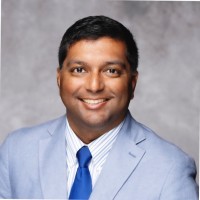
Dr. Kunal Agarwal is a highly accomplished board-certified physician specializing in Family Medicine, Sleep Medicine, and Obesity Medicine. He completed his residency at Michigan State University and a fellowship at Henry Ford Health System, and has over a decade of experience delivering exceptional patient outcomes. Dr. Argarwal is passionate about patient education and advocacy, sleep disorders, and more. His expertise in treating sleep apnea is extremely valuable to improve his patients’ lives.
Awards, Honors, & Recognition
Top Doctor
SRQ Magazine and Sarasota Magazine, 2023-2024
Fellow of American Academy of Sleep Medicine (FAASM)
American Academy of Sleep Medicine, 2021
Named “Top Doctor” for 2017, 2018 (on cover), 2019,and 2020 by Delaware Today Magazine
2017-2020


